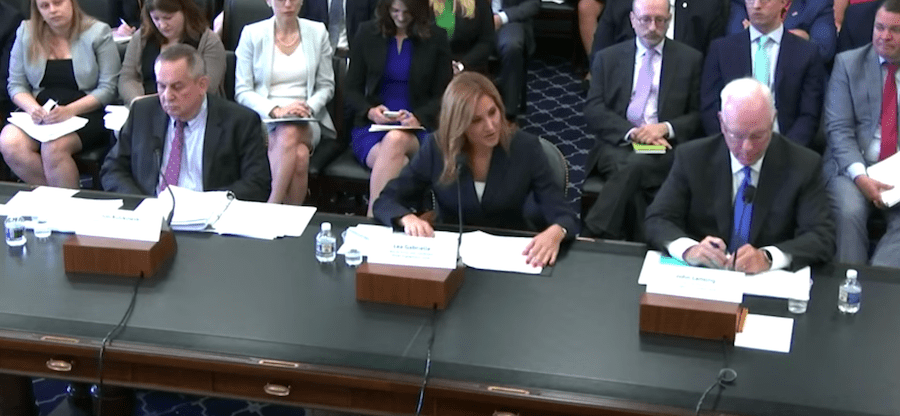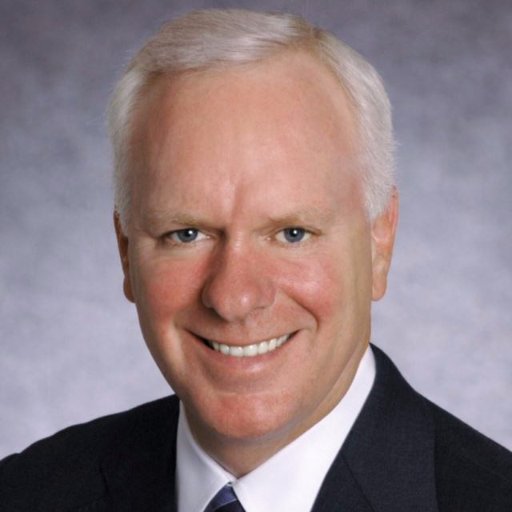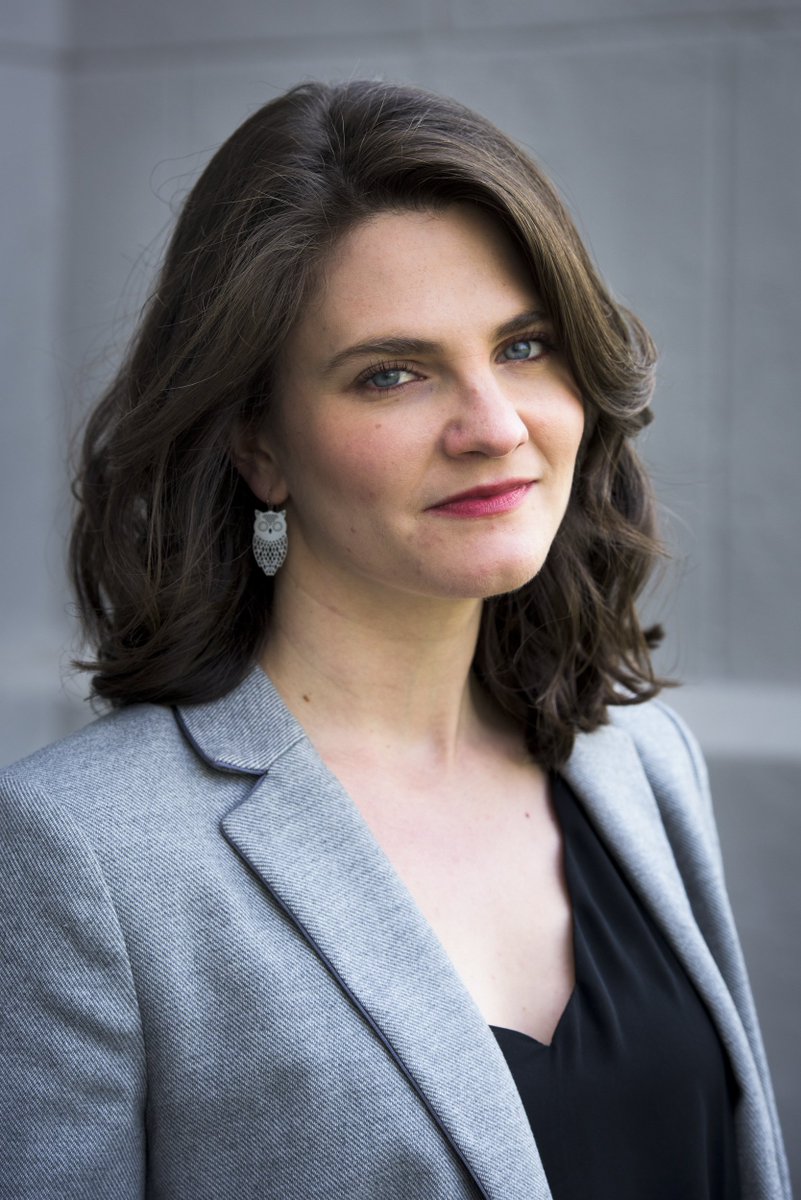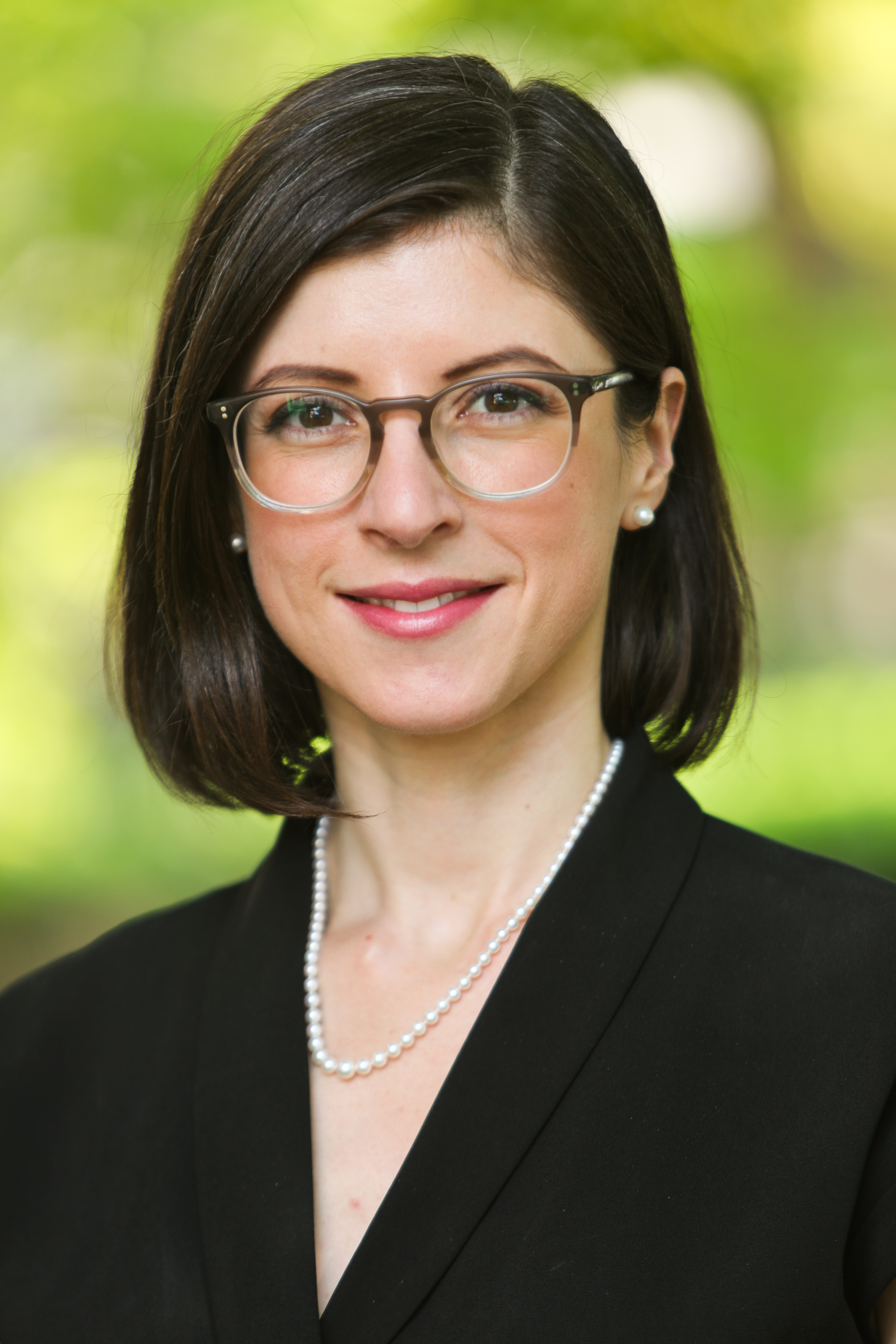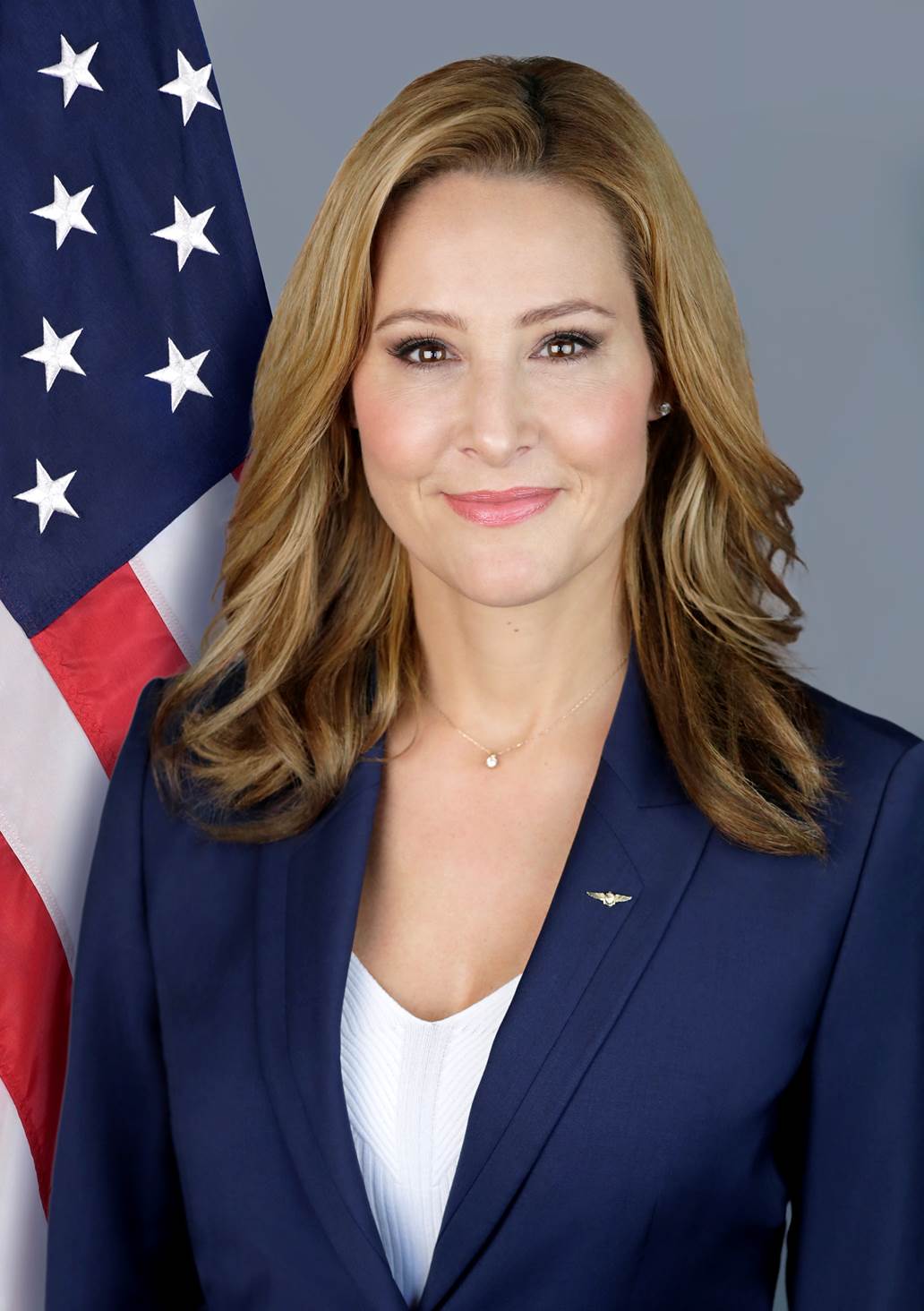The US government and its state-funded “independent experts” continuously and incessantly accuse Russia of applying a sort of “malign influence and propaganda.”
This is usually accompanied by little to no evidence, but loud statements and claims. Based on these claims, any funding provided and received to achieve questionable results can fall into the category of “defensive posture,” rather than an “offensive propaganda campaign.”
Naturally, if they’re reacting to something the other side initiated, there’s really no way to be “the bad guy,” after all you’re just defending your own population, and so on.
These baseless claims that are used to propagate the agenda further became quite apparent in a recent statement by USAGM’s head John F. Lansing, who gave testimony before the House Committee on Appropriations. SouthFront covered this in brief on July 12th.
In his testimony, he made some astounding claims, such as that RT and Sputnik received 10 times more funding than USAGM’s media in the face of Voice of America, Radio Free Liberty and others. That is completely false, and yes, they may receive less funding in terms of purely “Russian content,” but their over-all budget is approximately 4 times bigger. And that is not counting other US and other Western outlets that are obviously following a set agenda, judging by all the approximately same low-brow and low-effort content that they pump to no end.
Notably, it became apparent (not that it needed to be revealed since it was, rather, quite obvious) that a part of these funds is specifically aimed at some minority groups – such as Radio Liberty’s for Crimea, specifically aimed at Crimean Tatars. This is applicable for minority groups in “North Caucasus and Tatar-Bashkir services in Russia and in regions such as Siberia.”
“Nevertheless, USAGM is maximizing our resources and the incredible talent of our journalists to meet this challenge head on by offering audiences an alternative to Russian disinformation in the form of objective, independent and compelling news and information. We are using a multi-pronged approach. First, we are targeting young, entrepreneurial Russian-speaking audiences through direct programming and expanded distribution of our 24/7 Russian-language network Current Time, which is produced by RFE/RL in cooperation with VOA. Second, we have maintained our traditional Russian broadcasts through VOA’s Russian Service and RFE/RL’s Radio Svoboda. These are supplemented with hyper-local digital media through RFE/RL’s North Caucasus and Tatar-Bashkir services in Russia and in regions such as Siberia. Third, USAGM’s Eurasian and Central Asian language services operate in languages such as Ukrainian, Belarusian, Bulgarian, Romanian, Serbian, Uzbek, Kazakh, Azerbaijani, and Georgian, among others, to push back against the Kremlin’s disinformation machine. We are increasingly confronting Russian disinformation efforts in English.”
Essentially, the aim of the propaganda is not to promote some American values or democracy, but rather fuel separatism, ethnic tensions among other issues. It is to be noted that the testimony is quite obviously an official hearing, this is not a “speakeasy” bar conversation.
At the same time, millions are being invested to this end, and it is not quite clear where these funds go. Not because their usage is so hidden, but mostly because they’re likely misused or simply just stolen.
This is further substantiated by the USAGM’s ever-evolving budget. It is noteworthy that USAGM actually requests less and less budget every subsequent year, while the US Congress approves more and more funding for it.
What happens with these funds, as it appears that according to the speakers at the testimony, alongside John Lansing, the efforts aren’t enough, they’re even somewhat shrinking. The audience appears to be growing, but the content seems to be becoming less.
So, the question needs to be asked, is the low-quality slandering content these media create get that progressively expensive, or do the millions invested in it simply go “somewhere” else?
To consider that, a look should be made into the other speakers at the testimony:
Nina Jankowicz – Global Fellow, Kennan Institute at the Wilson Center
According to her biography, she has advised the Ukrainian government on strategic communications under the auspices of a Fulbright-Clinton Public Policy Fellowship. Prior to working for the US government, she has worked for the NYT, the Washington Post, the Atlantic, etc.
She has also advised Russia and Belarus for “democracy.”
In her testimony she spoke about “threats” presented by Russia towards Ukraine, Lithuania as well as Georgia.
According to Jankowicz:
“I spent the spring of 2019 in Ukraine and Lithuania, which elected new presidents this year, and Georgia, which is currently engaged in mass protests against Russian influence. My research there illustrates how Russian disinformation has become less overt over the past three years, increasingly emphasizing private, hard-to-track, and harder-to-counter informational vectors.”
She mentioned an alleged investigation by Ukraine’s security service – the SBU, which discovered Facebook accounts allegedly attempting to influence the Presidential Elections. It seems that these “malign Russian efforts” completely backfired, cause Volodymyr Zelensky can hardly be called a Russophile.
“In Georgia, where opposition to the Russian government is strong and awareness of Russian information operations is high, Russian disinformation is delivered via domestic outlets that carry a nationalist or traditionalist message, themes which find strong support in Georgian society and are considered at odds with the country’s Western aspirations. The tools of soft power, including cultural organizations and the Orthodox Church, also provide the Kremlin an important vector to exert influence. This use of domestic entities as vectors of disinformation was one of the themes of recent anti-Kremlin protests in Tbilisi.”
It is interesting that she mentioned the Orthodox Church, which appears to be in turmoil in Eastern Europe, with reports of a “Orthodox Church NATO” being formed to combat canonic Orthodox churches.
Russia doesn’t even need to exercise great effort for that to fail, since judging by the newly autocephalous Orthodox Church of Ukraine, it is falling apart all by itself, with it becoming clearer that it was more of a political and international policy play, rather than about faith and independence.
In conclusion her testimony was the following:
“It is time for the United States Government to get serious about addressing disinformation and do so, in part, by targeting those most affected by it. None of these initiatives are political; they focus on empowering individuals to be active and informed citizens through generational investments in democratic discourse, civic engagement, and truth. Ultimately, these recommendations are a manifestation of America’s greatest strength: our values.”
And that is true, since America establishment’s values are exactly that: doublespeak as well as telling people not only what to do, but also what to think.
Jankowicz was sent to study abroad, on US-government funding to conclude that, simply claims of “Russian influence” are fact and that they require continuous, focused and ever more-expensive action.
It makes little sense for Russia to organize protests in Georgia, and protests that are anti-Russian, with both opposition and government claiming Russia organized them, with the protesters carrying banners against Vladimir Putin.
Next up is Jim Kulikowski – Coordinator for U.S. Assistance to Europe, Eurasia, and Central Asia, U.S. Department of State
A photograph of Kulikowski is unavailable, since his biography appears to have vanished from the Appropriations Committee website.
But it can be found here. It is quite an old one, but he was part of the US government for 21 years, then worked for UNESCO and has now returned to the US government.
He became somewhat famous in 2016 when he spent $176 000 on behalf of the US government for travel expenses and other.
And as Coordinator his job is specifically to see where funds would be most suitable to use in combating “Russian disinformation.”
“As Coordinator, my priority is to ensure U.S. assistance supports U.S. foreign policy priorities for the Europe, Eurasian and Central Asian region. We work closely within the bureau and interagency to ensure that our programming matches the policy guidance and initiatives set out in this space. The National Security Strategy could not be more clear: the Kremlin is attempting to weaken the credibility of America’s commitment to Europe, undermine transatlantic unity, sow discord in Western societies, and weaken Western institutions and governments. Its use of influence campaigns to pursue these goals is unacceptable”
He mostly focuses on Moldova, Montenegro, Central Asia and the Balkans in his testimony, saying that efforts there need more funding and more cooperation. The promising part is that according to him these countries are seeking this further cooperation.
“The Department of State and USAID allocated over $103 million in FY 2017 AEECA funds (of which $56 million was from the Security Assistance Appropriations Act supplemental appropriation) to support independent media programming to help our partners in Europe, Eurasia, and Central Asia build resilience against Russian pressure and disinformation. Thus far, we have allocated $54 million in FY 2018 U.S. foreign assistance funds for this work.”
So, $103 million in 2017 and $54 million in 2018 were used in Central Asia and Eastern Europe to combat “Russian disinformation” – these funds aren’t included in the funding of USAGM, since they’re not specifically used by its outlets. But if they are, suddenly investment in RT and Sputnik isn’t 10 times larger, but rather 2 times larger, and that is if it is only Russian-language or Eastern European-languages content.
In Moldova, the US being quite pro-active in terms of content:
“Finally, in Moldova, we are displacing Russian content in the media sector with objective public interest or Western entertainment programming, another means of countering disinformation. USAID, for example, continues to invest in independent outlets and production companies to increase their capacity to produce and distribute high-quality programming and broadcast in Western formats within Moldova and beyond. The Embassy Public Affairs Section also supports translation and broadcast of U.S. films dubbed into Romanian, with a view toward displacing Russian produced infotainment programming.”
Thus, if you’re a part of the large Russian-speaking minority in Moldova, you’re fresh out of luck.
Moving on to Alina Polyakova – Fellow at the Center on the United States and Europe and Security and Strategy team and Director of the Project on Global Democracy and Emerging Technology
Her biography also appears to have disappeared from the Appropriations committee website, but it is on the Brookings Institute one.
In her testimony, Polyakova said her personal story underscores the importance of U.S. methods to shed light on Russian falsehoods during the Cold War. Her family immigrated to the U.S. from the Soviet Union in the 1980s because they “understood what the truth was about our country, that our own authorities were not providing at the time,” she said.
By contrast right now, Polyakova said there is a failure at the highest levels of government to educate U.S. citizens on the Russian threat and to learn from the countries that have been fending off anti-democracy attacks for decades.
“If we want to understand the kinds of threats we will face in the future here in this country,” Polyakova said, “we must look to those frontline states like Ukraine, who have been undergoing these kinds of attacks for decades.”
She more or less repeated what Nina Jankowicz said earlier, but they’re both representatives from the Brookings Institute.
Polyakova provided the longest testimony, focusing on efforts by European countries, not only located in the Eastern part of the continent, but also in Central and Western Europe.
According to her, much more funding is needed so that the West isn’t “fighting yesterday’s war.”
“While the democratic West is fighting yesterday’s war, our adversaries are evolving and adapting to the new playing field. First, innovation in artificial intelligence (AI) is enabling the creation of “deep fakes” and other “synthetic media” products. Using video and audio manipulation, malicious actors can manufacture the appearance of reality and make a political leader appear to make remarks that they did not. As these tools become more low cost and accessible, they will become perfect weapons for information warfare. Such technologies could drive the next great leap in AI-driven disinformation.
Second, disinformation techniques are shifting from the use of simple automated bots to more sophisticated interaction with (and manipulation of) domestic groups, extremist and otherwise, through various forms of impersonation and amplification of organic posts by domestic actors. Thus, it is already increasingly difficult to disentangle foreign-origin disinformation from domestic social media conversations. Rather than trying to break through and channel the noise, the new strategy aims to blend in with the noise—obfuscating manipulative activity and blurring the line between authentic and inauthentic content.
The United States has fallen behind in addressing the challenge of foreign disinformation. But, it is not too late to change course toward a proactive rather than reactive approach. This critical issue concerns all democracies equally. Strong U.S. leadership could tip the balance toward ensuring that the digital space continues to facilitate and support democratic values of transparency, accountability and integrity. To do otherwise is to leave this arena open to authoritarians to set the rules of the game.”
Lea Gabrielle is a CIA-trained Human Intelligence Operations Officer, assigned to the Defense Intelligence Agency (DIA). She directed and conducted global clandestine strategic intelligence collection operations. Ms. Gabrielle also deployed in tactical anti-terrorist operations in hostile environments with Naval Special Warfare (SEALs), conducting independent operations in support of Tier One Forces. Ms. Gabrielle later served as Director of a U.S. Navy sensitive intelligence program.
Essentially, a CIA-trained intelligence specialist speaks about freedom of speech and expression and how to combat “Russian disinformation” by providing ‘alternative facts’.
Finally, but actually the first speaker following Lansing was Lea Gabrielle – Special Envoy and Coordinator of the Global Engagement Center, U.S. Department of State
In her testimony, she mostly spoke about the efforts of the Global Engagement Center (GEC).
She specifically focused on its initiatives, which are 4:
“These GEC-funded initiatives include: 1) Deploying technology to provide early warnings of foreign disinformation; 2) analyzing those foreign audiences that are most susceptible to or targeted by disinformation; 3) developing partnerships with key local messengers to produce content to reach critical audiences; and 4) building the technical skills of civil society organizations, NGOs, credible voices, and journalists to shed light on the spread of disinformation.”
According to her, “Healthy and robust public debates based on facts, evidence, and reason are integral to civic engagement. A well-informed citizenry is key to the strength of democratic institutions, and so the GEC will continue to support efforts to strengthen civil society, combat corruption, and promote media literacy.”
It simply sounds strange coming from the mouth of somebody trained in intelligence, counter-intelligence, psy-ops and subterfuge.
It clearly is an open secret that the US and its government-funded, but somehow independent think tanks and experts are actively working towards undermining the statehood of their competitors with “soft power” practices, such as direct propaganda and censorship of any and all alternative points of view, either by simply silencing them or completely replacing them.
Obviously for the US Congress this is quite high priority, judging by the ever-increasing budget.
The success of these efforts, however, is questionable, since a simple glance of the content that’s being created shows how low-quality and unbelievable it is. Thus, it is quite likely that these constant increases in investment are simply misused or stolen. Or that may also be the agenda – just propagate the anti-Russian hysteria, regardless of how it is done and disregarding if it is even believable.
MORE ON THE TOPIC:




